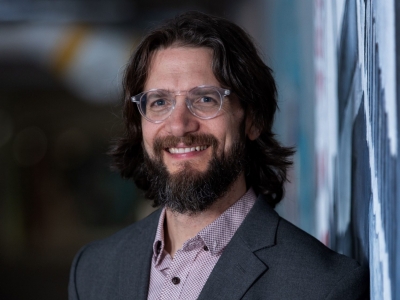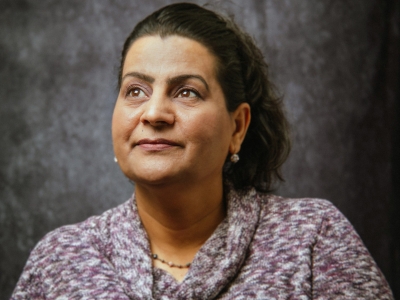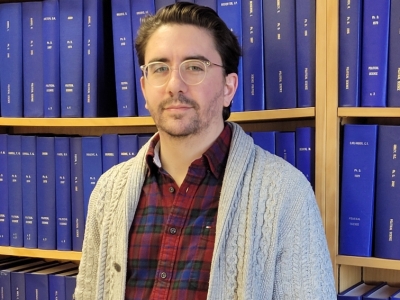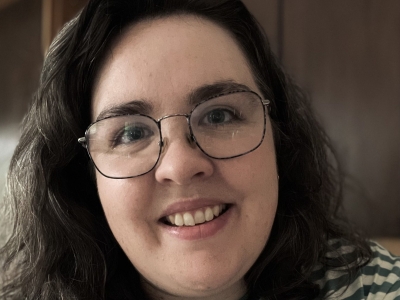Val Napoleon will deliver the Katherine A.H. Graham Lecture on Aboriginal Policy on June 11.
In its recent landmark report on residential schools, the Truth and Reconciliation Commission of Canada stated that the residential schools arose from a “coherent policy to eliminate Aboriginal people as distinct peoples and to assimilate them into the Canadian mainstream against their will”.
As part of that assimilation, the legal systems being used by Aboriginal communities throughout Canada were marginalized.
In 2012, that led to the creation of the “Accessing Justice and Reconciliation” project as part of the Truth and Reconciliation Commission with University of Victoria Law Professor Val Napoleon as the project’s academic lead. Its goal “was to better recognize how Indigenous societies used their own legal traditions to successfully deal with harms and conflicts between and within groups”.
Today, Professor Napoleon continues that work as the Law Foundation Professor of Aboriginal Justice and Governance at the Faculty of Law, University of Victoria. She and her colleagues work in partnership with Indigenous groups all over Canada where they research Indigenous specific areas of law such as lands and resources, harms and injuries, marine management, and so on.
“We begin by drawing law from the stories according to the research focus. We ask community members if we got it right and then have a consultation and discussion process to find out if anything is missing, if the interpretation is correct, and why it’s important,” says Napoleon.
Napoleon began this work after attending law school as an adult and realizing that Indigenous law deserved equal consideration.
“As long as it’s not recognized as real law by Indigenous and non-indigenous people or not treated as an intelligent resource for problem-solving, we will be perpetuating the myth that Indigenous people are lawless or that we have a deficit and the only thing available to us is Canadian law,” says Napoleon. “We have to expand what we think law is.”
Professor Napoleon says the suppression of Indigenous law caused it to be undermined and invisible over time. The work she and her colleagues are doing is reviving laws dealing with universal human problems such as those relating to lands and resources, justice, harms and injuries, and child welfare.
“Indigenous law in these societies operates as law and does the work of law, but the forms through which it operates look different than the centralized state bureaucracies,” says Napoleon.
Professor Napoleon is also working with colleagues at the University of Victoria to create a dual law degree program that will teach Canadian and Indigenous law side-by-side.
At her lecture on June 11 entitled “Indigenous Legal Perspectives as Policy and Research Foundation”, Napoleon will address the ways that leaders at all levels of public policy can support Indigenous peoples by challenging the “neoliberal grid of intelligibility” that’s sieves and shapes ideas in our society.
Val Napoleon is from northeastern British Columbia (Treaty 8), a member of Saulteau First Nation, and an adopted member of the Gitanyow (Gitksan) House of Luuxhon, Ganada (Frog) Clan.
More information and registration
Monday, June 8, 2015 in Katherine Graham Lecture, News
Share: Twitter, Facebook



